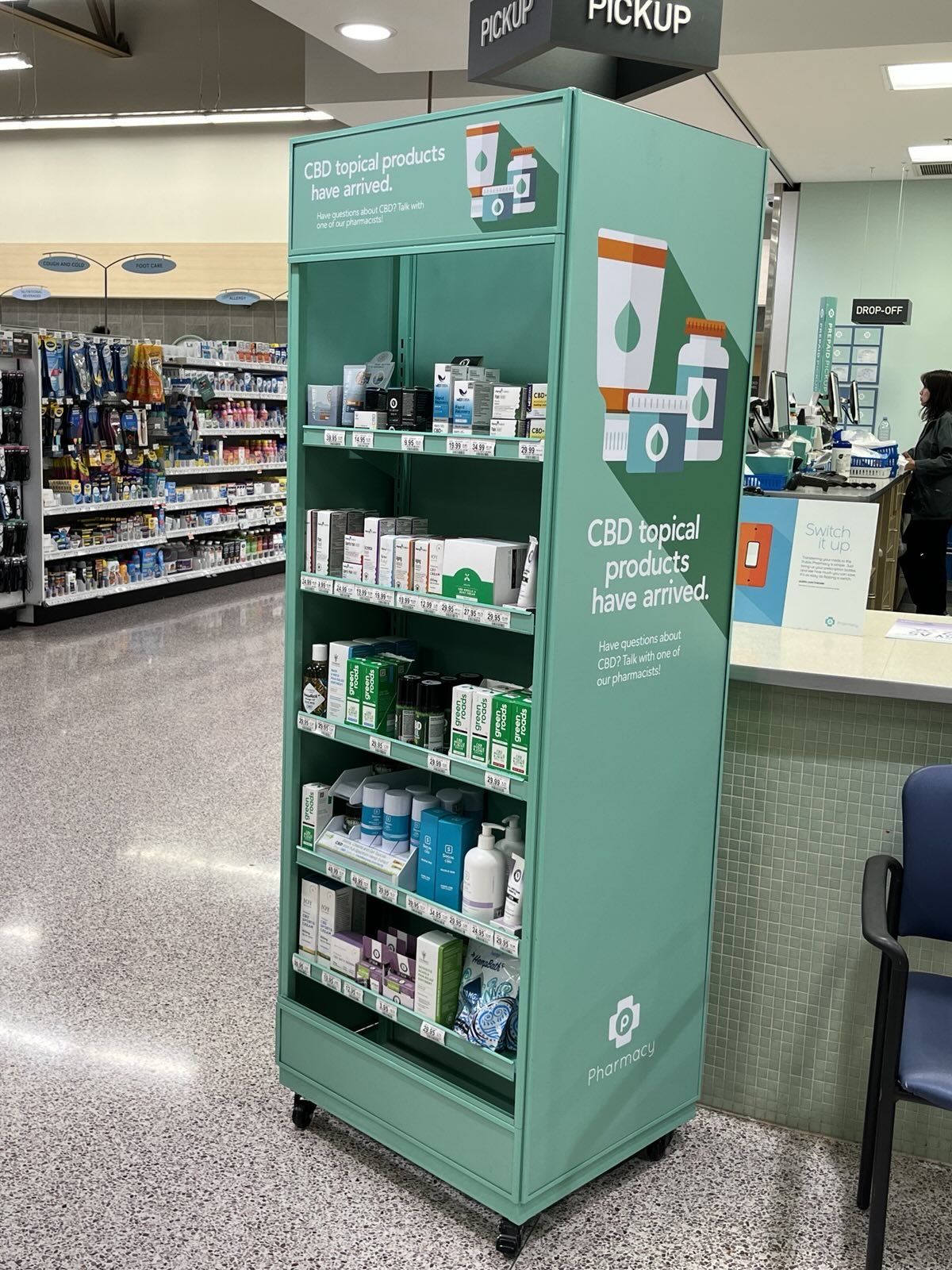In recent years, cannabidiol (CBD) has gained significant popularity as a natural remedy for various health concerns, particularly in the realm of pain management and skincare. Among its many forms, topical CBD products—creams, balms, lotions, and oils—have become a popular choice for those seeking localized relief. This article delves into the effectiveness of topical CBD, its benefits, potential applications, and the science behind its use.
What is Topical CBD?
Topical CBD refers to cannabidiol-infused products applied directly to the skin. Unlike ingestible CBD oils or edibles, topical formulations target specific areas of the body. These products are designed to provide relief from localized pain, inflammation, or skin conditions by interacting with the body’s endocannabinoid system (ECS) through receptors in the skin.
How Does Topical CBD Work?
The skin is the body’s largest organ and contains many cannabinoid receptors, specifically CB1 and CB2 receptors. While topical CBD does not penetrate deep enough to reach the bloodstream, it can interact with these receptors in the epidermis and dermis layers of the skin. By interacting with the ECS, topical CBD is thought to help regulate various functions such as inflammation, pain perception, and immune responses.
When applied to the skin, CBD is absorbed into the affected area and may provide localized relief by:
- Reducing inflammation
- Alleviating pain
- Calming irritation
- Promoting relaxation of muscles and joints
Benefits of Topical CBD
1. Pain Relief
One of the most common uses of topical CBD is for pain relief, particularly for those suffering from conditions such as arthritis, muscle soreness, or joint pain. Studies suggest that CBD may help reduce inflammation and pain when applied directly to the skin. For example, a 2015 study published in the European Journal of Pain found that topical CBD could reduce joint swelling and pain in animal models of arthritis.
2. Skin Health
CBD is known for its anti-inflammatory and antioxidant properties, which may make it beneficial for skin health. Many users report that CBD topicals help with skin conditions such as eczema, psoriasis, and acne. By reducing inflammation and irritation, CBD may contribute to a clearer, healthier complexion. Additionally, the antioxidant effects of CBD could help combat free radicals and reduce the signs of aging, such as wrinkles and fine lines.
3. Muscle Recovery
For athletes and those engaging in physical activity, topical CBD has gained traction as a post-workout recovery aid. By applying CBD-infused creams to sore muscles, users often experience faster recovery times and reduced discomfort. This benefit is primarily due to CBD’s ability to reduce inflammation and promote relaxation in overworked muscles.
4. Relaxation and Stress Relief
While topical CBD does not enter the bloodstream, it can still provide localized relaxation. Many people find that CBD balms and lotions offer a calming effect on tight or stressed muscles, making it a popular choice for massage therapy or self-care routines.
Scientific Studies on Topical CBD
Research into the effectiveness of topical CBD is still in its early stages, but several studies support its potential benefits. For example:
- Arthritis Pain: A 2016 study in Pain explored the effects of transdermal CBD in reducing inflammation and pain-related behaviors in rats with arthritis. The results indicated a significant reduction in joint inflammation and overall pain levels.
- Skin Conditions: In a 2019 study published in Clinical Therapeutics, researchers examined the impact of CBD ointment on inflammatory skin conditions such as psoriasis and eczema. The findings suggested that CBD may improve the quality of life for those suffering from chronic skin conditions by reducing inflammation and promoting skin healing.
How to Choose an Effective Topical CBD Product
Not all CBD topicals are created equal. When choosing a topical CBD product, consider the following factors to ensure its effectiveness:
- CBD Concentration: Look for products with clear labeling of CBD concentration, typically measured in milligrams (mg). A higher concentration of CBD may provide more potent effects, particularly for pain relief.
- Full-Spectrum vs. Isolate: Full-spectrum CBD contains additional cannabinoids and terpenes, which may enhance the therapeutic effects through the entourage effect. On the other hand, CBD isolate contains only pure cannabidiol and may be a better choice for those who want to avoid THC entirely.
- Third-Party Testing: Reputable CBD brands will provide third-party lab testing to verify the quality and potency of their products. Ensure the product you choose has been tested for contaminants, such as heavy metals or pesticides.
- Ingredients: Look for additional beneficial ingredients in the product, such as menthol, camphor, or arnica, which can further enhance the pain-relieving or anti-inflammatory effects.
Potential Side Effects of Topical CBD
Topical CBD is generally well-tolerated, with minimal side effects reported. However, some individuals may experience mild skin irritation, particularly if they have sensitive skin or allergies to other ingredients in the product. It is always recommended to perform a patch test on a small area of skin before using a new topical CBD product extensively.
Final Thoughts: Is Topical CBD Effective?
While more clinical research is needed to fully understand the mechanisms and long-term effects of topical CBD, current studies and anecdotal evidence suggest that it can be an effective solution for localized pain relief, inflammation, and skin health. Whether you’re dealing with chronic pain, seeking relief after a tough workout, or managing a skin condition, topical CBD offers a promising, natural alternative with relatively few side effects.
For those interested in exploring the potential benefits of topical CBD, it is essential to choose high-quality products from reputable brands and consult with a healthcare professional to ensure it’s suitable for your specific needs.

